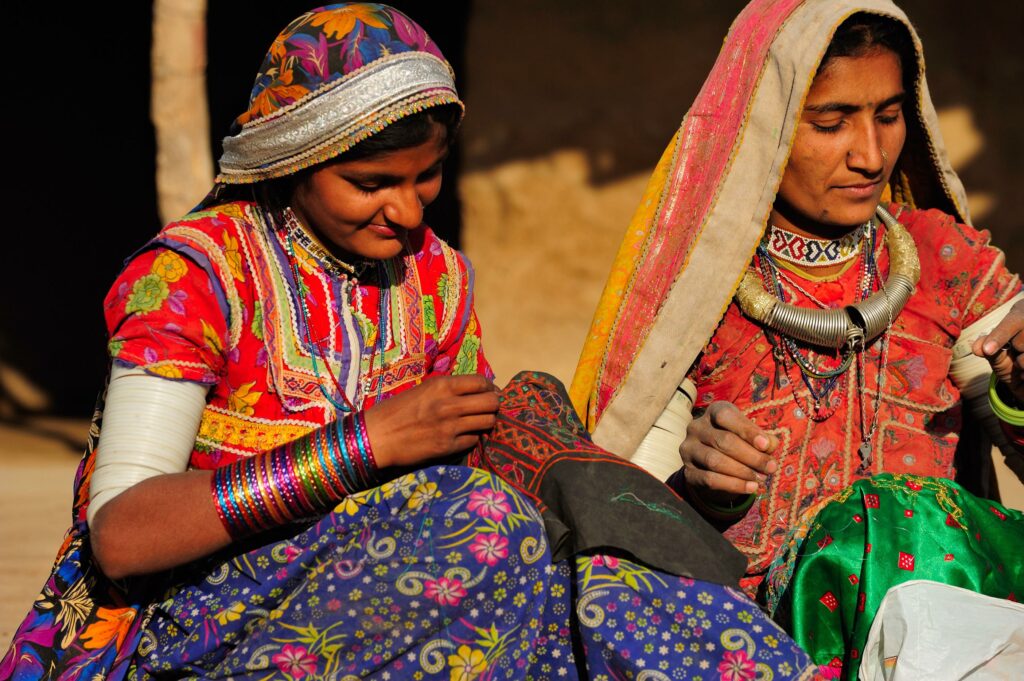In 2020 Women on Wings reported a total of 284,800 jobs co-created with its business partners, measured per 31 March 2020. By April 2020, the whole world had come to a standstill because of the COVID-19 pandemic. Two long lockdowns in India in 2020 and 2021 dramatically impacted the activities and results of our business partners.
Keeping businesses on their feet
After a three months’ lockdown at the beginning of the pandemic in 2020, India endured a second wave of COVID-19 infections in April and May in 2021. Supriya Kapoor, director social enterprises at Women on Wings: “It further constrained activities and took a heavy toll on people and on businesses. Amidst this unprecedented upheaval, we entirely focused on keeping our business partners on their feet.”
Job loss
Since June 2021, the COVID-19 pandemic has slowed down in India and business has restarted. Recent studies show that women from low-income households in India were disproportionately impacted by the crisis. According to the UN, women are bearing the brunt of the economic and social fallout of the COVID-19 pandemic. Ronald van het Hof, joint managing director at Women on Wings: “Although there are still many uncertainties now with that new omicron strain, we feel it is important to be transparent to our stakeholders and disclose the number of jobs per September 30, 2021. After assimilation of the reports gathered from the majority of our business partners, we estimate total job loss to the tune of 20,000 to 25,000 jobs.”
Partial recovery
After a sharp contraction in GDP, the economy is expected to recover gradually. The economic outlook remains clouded due to pandemic-related uncertainties. Women on Wings’ business partners are aiming to regain pre COVID-19 revenue position in the coming year. Supriya Kapoor continues: “We expect job recovery to lag behind revenue recovery. First of all, high inventory carried forward during the pandemic need to be sold before production can increase. Secondly, the pandemic has pushed the rural economy further towards a massive technology upgradation phase with e-commerce channels developing. These innovations may initially lead to a decrease in jobs but are expected to accelerate revenues and jobs in the long term. Therefore, we expect to end FY 2021-2022 with a partial recovery of the jobs lost during the pandemic.”
Relevant
Ronald van het Hof concludes: “As the UN have stated, instead of entering a decade of action we are facing a decade of recovery and action, where it is most important to leave no one behind. We feel our work is more relevant than ever, which is also recognized by our business partners. Inspired by our mission it is our constant endeavor to take families in rural India out of the cycle of poverty through economic development of women.”


